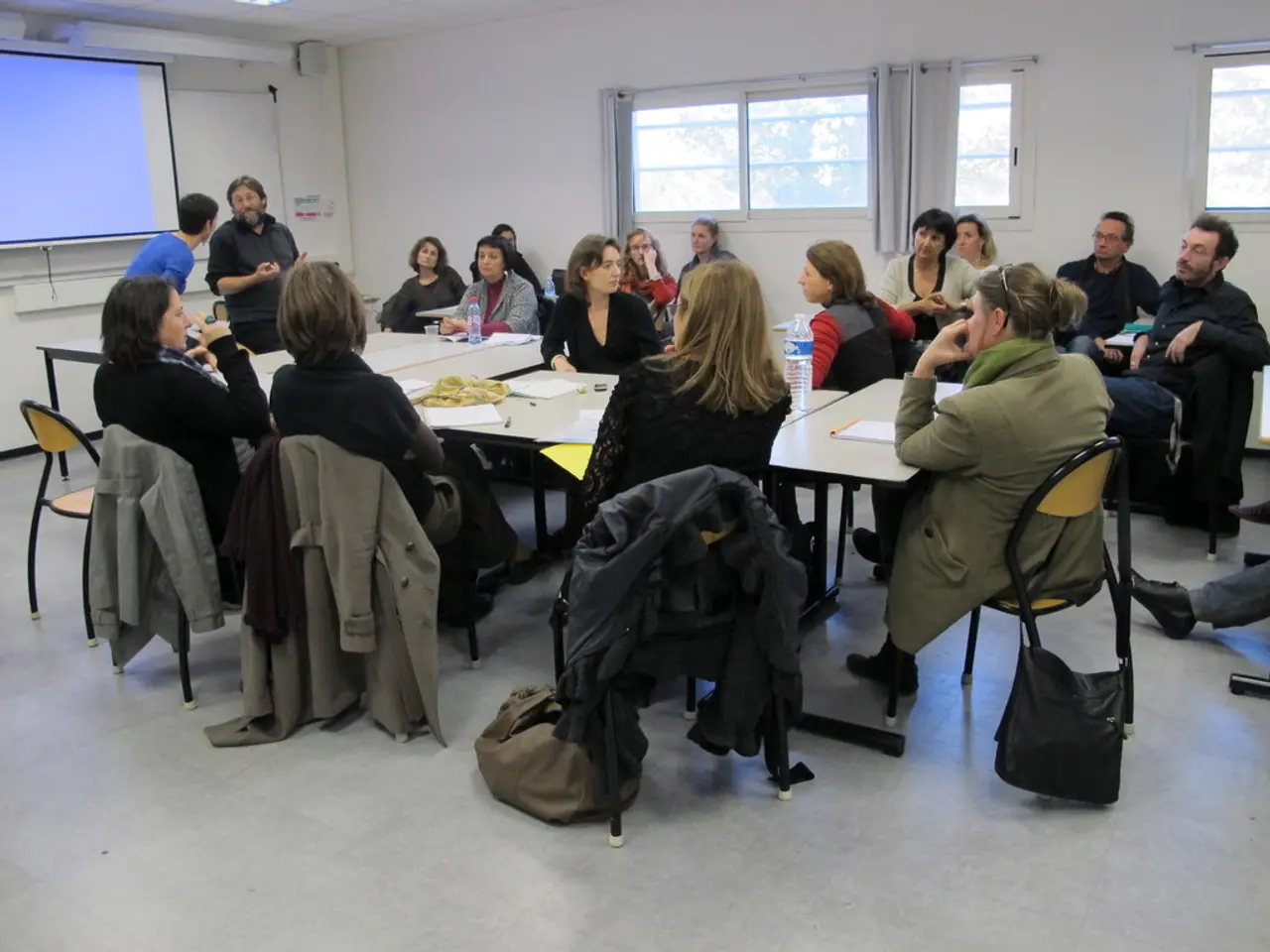Memory Decline during Lockdowns: Impact of Social Isolation on Cognitive Functions
How's Your Brain Faring During the COVID-19 Lockdown?
Are you finding yourself more forgetful these days? Worried that your memory's taking a beating due to the extended lockdown and social isolation? Well, you're not alone.
Let's take a closer look at how social isolation affects our memory, whether it indeed impacts our brain functions, and what we can do about it. Spoiler alert: it's all about managing that stress!
Social Distancing vs. Social Isolation
Before we dive into the nitty-gritty, it's important to clear up a common misconception. Social distancing and social isolation are two different birds. Social distancing is all about keeping a safe physical distance from others to curb the spread of the virus. Social isolation, on the other hand, is the state of feeling lonely and disconnected from others.
While social distancing is crucial for our health, we should steer clear of slipping into social isolation.
COVID-19's Impact on the Brain
People are expressing concerns about their memory, especially during these times with limited social interactions due to physical distancing and lockdowns. But fear not, the majority of the changes people are noticing are likely due to prolonged stress rather than cognitive impairment or being sick with COVID-19.
This prolonged stress can affect learning, memory, thinking, and behavior, particularly if the stressors are perceived as threatening and uncontrollable. Additionally, social isolation and loneliness can cause higher levels of stress which poses risks to both our mental and physical health.
Social Isolation, Stress, and the Brain
1. Stress Hormones: Prolonged periods of stress result in higher levels of stress hormones, such as cortisol and neurotransmitters like dopamine and serotonin, which play important roles in brain function and mood. These hormones can have negative effects on the brain when they're out of balance.
2. Neuroinflammation: High levels of stress can cause inflammation in the brain, which is not good for our cognitive abilities. Chronic stress can lead to a variety of neurological and mental health disorders, including depression and memory issues.
3. Impaired Neurogenesis: Stress can disrupt the process of neurogenesis, which is the growth and development of new brain cells. This process is essential for learning and memory, so impaired neurogenesis can lead to long-term cognitive impairments.
The Good News: Recovery is Possible!
While prolonged stress and social isolation can have harmful effects on the brain, the good news is that the brain is incredibly adaptable, and it can recover from these impacts.
The best way to combat stress and protect your brain is to manage it through various relaxation techniques such as meditation, mindfulness, yoga, or deep breathing exercises, among other things. Spending time in nature, taking breaks for yourself, and engaging in activities you enjoy can all help to reduce stress and improve mental health.
So, to preserve your cognitive abilities, remember to take care of your brain—and yourself! Seek out ways to reduce your stress, enjoy life, and connect with loved ones, even if it's virtually for now.
Stay happy, stay safe, and stay connected! **PLAY. DISCOVER. HAVE FUN.**
Quite likely, the stress induced by social isolation during the COVID-19 lockdown could impact not only our mental health but also our cognitive abilities, particularly with regards to memory. Managing stress through techniques such as meditation, mindfulness, and enjoyable activities could potentially prevent or mitigate long-term cognitive impairment related to social isolation and its effects on brain functions.
Engaging in health-and-wellness practices like mental-health focused mindfulness exercises, as well as focusing on proper nutritional habits, might serve to further support our brain functions and overall well-being during these challenging times.







